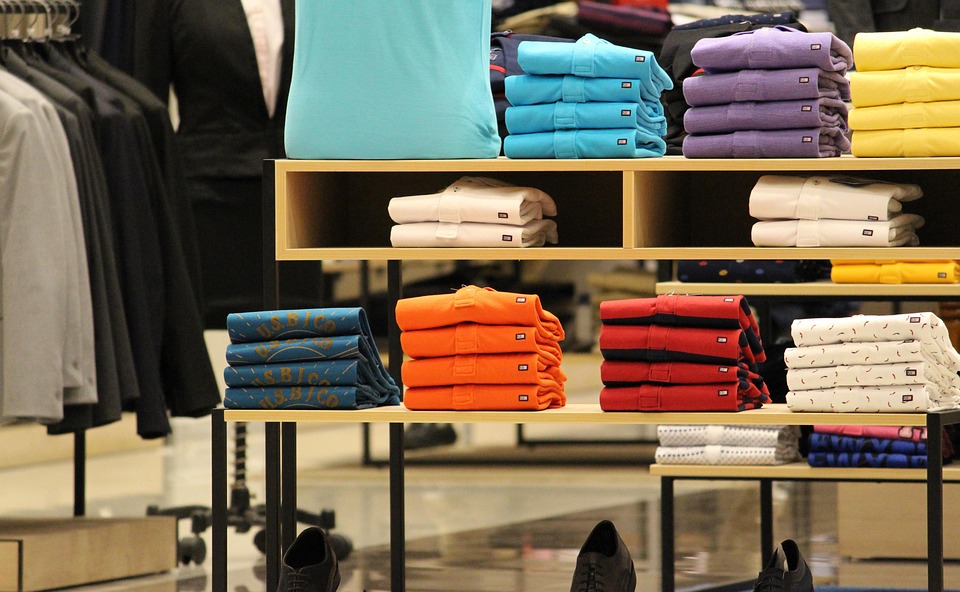In recent years, the conversation around sustainability has shifted from being a niche topic to a mainstream concern. As consumers become more aware of their environmental impact, brands and organizations are responding by incorporating eco-friendly products into their merchandise lines, leading to a burgeoning trend known as "sustainable merch." This movement is not only transforming the way brands operate but also influencing consumer behavior, fostering a culture of responsibility, and promoting environmental stewardship.
The Rise of Sustainable Merch
Sustainable merch encompasses a wide range of products that are designed, produced, and marketed with minimal environmental impact. This can include items made from recycled materials, organic fabrics, or biodegradable substances, as well as products that emphasize ethical labor practices. As awareness of climate change and social responsibility grows, consumers are increasingly seeking out brands that align with their values.
The rise of sustainable merch can also be attributed to the following factors:
-
Consumer Demand: Recent studies show that a significant percentage of consumers, especially millennials and Gen Z, prefer brands that prioritize sustainability. They are willing to pay a premium for eco-friendly products, prompting companies to shift their merchandising strategies.
-
Regulatory Changes: Governments across the globe are implementing stricter regulations on waste, emissions, and product sourcing, pushing companies to adopt greener practices. Compliance with these laws often necessitates a move towards more sustainable merchandise.
- Innovative Materials: The development of sustainable materials—such as biodegradable plastics, organic cotton, and plant-based inks—has made it easier for brands to integrate eco-friendly products into their offerings. These innovations not only reduce environmental damage but also enhance product quality.
The Benefits of Sustainable Merch
-
Brand Loyalty and Trust: Companies that incorporate sustainable practices into their merchandise often enjoy increased customer loyalty. Consumers appreciate brands that take responsibility for their environmental impact, leading to long-term relationships built on trust and shared values.
-
Market Differentiation: In a saturated market, sustainable merch can serve as a unique selling proposition. Brands that embrace eco-friendly products can distinguish themselves from competitors, attracting environmentally conscious consumers.
-
Positive Public Image: Companies associated with sustainability are often viewed more favorably by the public. This positive branding can lead to better media coverage, enhanced reputation, and, ultimately, increased sales.
- Contribution to a Circular Economy: Sustainable merchandise often promotes a circular economy, where products are designed to be reused, recycled, or composted, reducing waste and conserving resources. This transition is vital for enabling a sustainable future.
Challenges and Considerations
While the benefits of sustainable merch are clear, there are challenges that brands must navigate.
-
Cost: Sustainable materials can sometimes be more expensive than traditional alternatives. Brands must find a balance between maintaining affordability for consumers and investing in eco-friendly options.
-
Supply Chain Transparency: Consumers want to know where their products come from and how they are made. Brands face the challenge of ensuring transparency throughout their supply chains, which can be complex and difficult to manage.
- Greenwashing: Some brands may attempt to capitalize on the sustainable merch trend without making substantial changes to their practices. This can lead to accusations of greenwashing, damaging brand credibility and consumer trust.
The Future of Sustainable Merch
As awareness of sustainability continues to rise, the sustainable merch trend is expected to evolve and grow. Brands may innovate further by integrating technology into eco-friendly products, offering customization options, or even implementing return programs to encourage recycling.
Additionally, as more companies adopt sustainability practices, collaboration among brands, suppliers, and consumers can create a unified movement towards environmental responsibility. Investing in sustainable merch not only benefits the planet but also represents a business-savvy choice, appealing to a growing demographic of conscious consumers.
In conclusion, sustainable merch is changing the game for businesses and consumers alike. By prioritizing eco-friendly products, brands are not just selling merchandise; they are fostering a culture of sustainability that encourages responsible consumer behavior and contributes positively to our planet. As we move forward, the challenge will be not just to maintain this momentum but also to innovate and inspire further change across industries.



